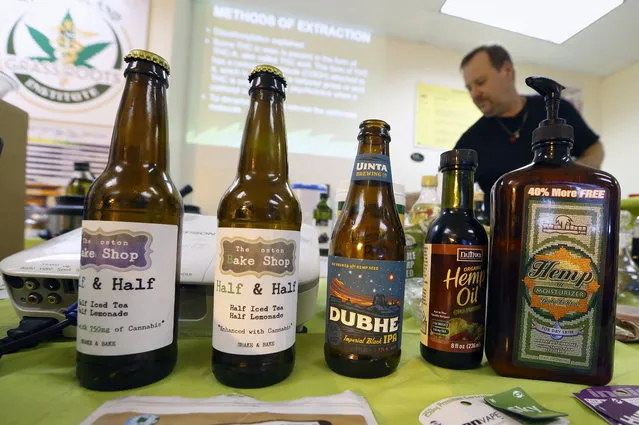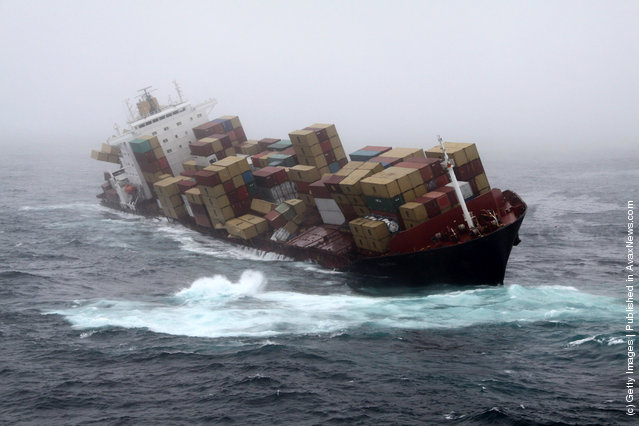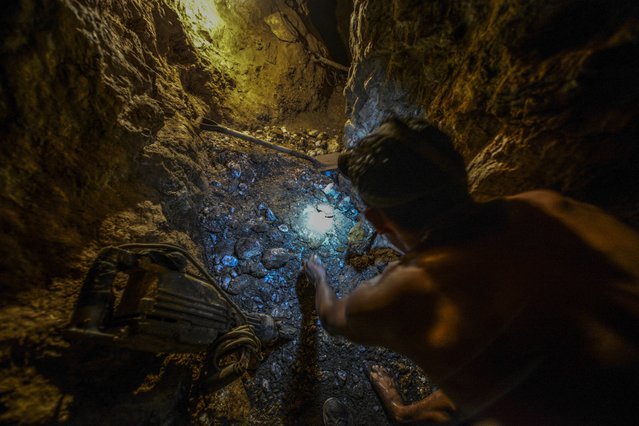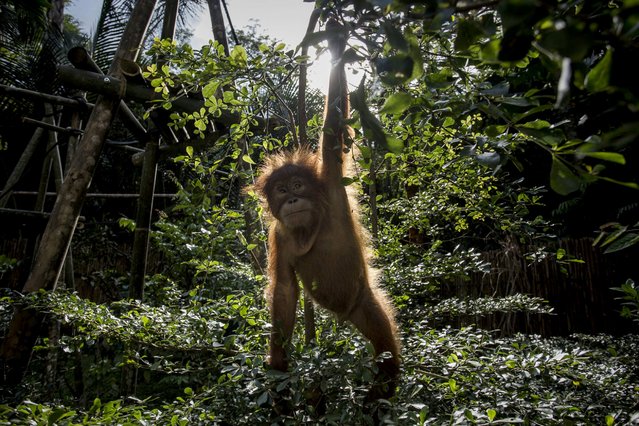
An Iranian woman gestures as she celebrates in the streets following a nuclear deal with major powers, in Tehran July 14, 2015. Overcoming decades of hostility, Iran, the United States, and five other world powers struck a historic accord Tuesday to check Tehran's nuclear efforts short of building a bomb. The agreement could give Iran access to billions in frozen assets and oil revenue, stave off more U.S. military action in the Middle East and reshape the tumultuous region. (Photo by Reuters/TIMA)
15 Jul 2015 10:42:00,post received
0 comments







